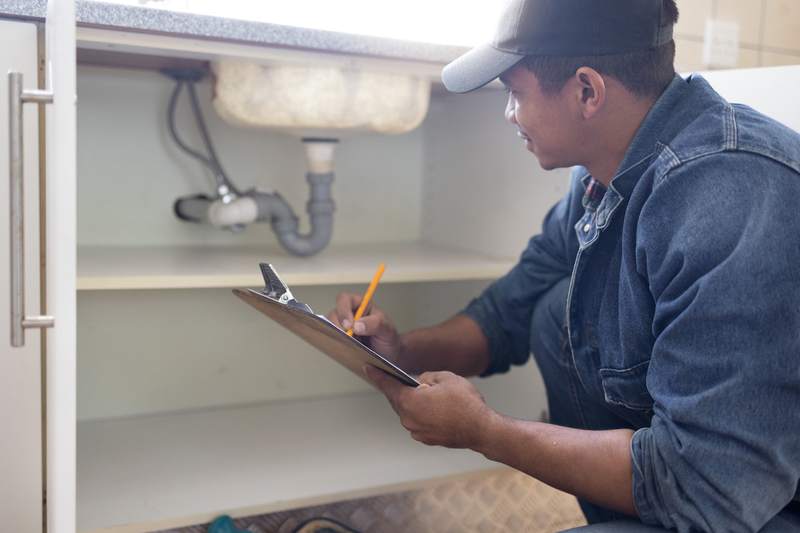
As buying a home gets more expensive, aspiring homebuyers are working harder — and getting more creative — to find ways they can afford a down payment and closing costs. If you’ve been contributing to a retirement plan at your job, you might be wondering, Can you use your 401(k) to buy a house?
The answer is yes, but it’s important to understand how you can use 401(k) funds to buy a home so you can make the best choice for your financial situation and long-term goals.
“Using a 401(k) to buy a home is a great way to leverage your retirement savings,” says Pavel Khaykin, a professional homebuyer in Boston. “It is important to understand the process, and the potential risks and rewards associated with it.”
Withdrawing 401(k) Funds
It’s not common to complete a 401(k) withdrawal for a home purchase, but it is an option. If you’re considering pulling money from your 401(k) fund, it’s a good idea to understand how withdrawing funds can affect your finances. Here are some tips for navigating the process:
- Since plan rules vary by employer, start by talking with the benefits administrator at your job.
- You may be asked to write and sign a letter explaining your financial need. You’ll need to state your situation plainly, letting the plan managers know that a withdrawal is your only option for buying a home.
- Certain first-time homebuyers are eligible to withdraw up to $10,000 from a 401(k) without paying the 10% tax on early distributions.
Borrowing 401(k) Funds
Alternately, there are ways you can borrow money from your 401(k) to purchase a home, and repay what you take out.
“I recently worked with a couple who were relocating to our area for a job, and they were short on funds for a down payment,” says Josh Steppling, a real estate broker with eXp Realty in Stuart, Florida. “Fortunately for them, they had a decent amount in a 401(k), and decided to take out a 401(k) loan for a home purchase.”
Benefits of borrowing
Since you’re borrowing from your own savings, the process of getting a 401(k) loan is easier than other loan options. For example:
- A 401(k) loan requires no credit check.
- No down payment is required.
- Your loan payments are excluded from your debt-to-income ratio calculation.
Downsides to borrowing
Even though borrowing from your retirement fund has benefits, it’s important to remember the drawbacks:
- If you leave or lose your job, you may have to pay back what you owe immediately, or it will be converted to a withdrawal that carries penalties and tax liabilities.
- Loans usually must be repaid within five years, though there are exceptions for loans used to buy the employee’s principal residence.
- If you fail to make at least quarterly payments on the loan, the balance may be converted into a distribution, which means you’ll have to pay the 10% early distribution tax and income tax on the withdrawal.
Learn about your plan
Ask your employer’s benefits administrator how to take out a 401(k) loan. They will be able to explain:
- How much you can borrow.
- The loan term, or how long you’ll be paying it back.
- The interest rate on the loan.
- Options for loan repayment that might include deductions from your paycheck.
- Whether spousal consent is required.
“For the couple I worked with, it helped secure their dream home, and they ended up repaying the loan through payroll deductions,” Steppling says.
How Much of Your 401(k) Can You Use?
There are limits on how much you can borrow or withdraw, so you’ll want to ask, How much can I withdraw from my 401(k) for a home purchase?
Limits on 401(k) Loans and Withdrawals
| Loans | Withdrawals |
| You can borrow 50% of the amount vested or saved in your account. | The amount allowed for withdrawal is the amount deemed necessary for the immediate need. |
| If the amount vested is $10,000 or less, the entire amount may be eligible for a loan. | A limit is set at whichever is less: 50% of the amount you have in your account, or $50,000. |
| Any interest you pay goes back into your 401(k). | Expect to pay a 10% penalty for an early withdrawal, in addition to income tax on the amount you take out. |
Tax Implications and Penalties
It’s important to think through whether you should use your 401(k) to buy a house. The main advantage of investing in a 401(k) is that you pay no income tax on the money you put into the plan until you withdraw it. That means taking money out of your 401(k) affects your tax liability.
Withdrawals
The money you take out of your 401(k) plan is subject to income tax, unless it’s considered a hardship distribution.
On top of regular income taxes, which may include state taxes, you also are likely to pay a 10% tax on early distributions. That means if you take out $50,000, you’ll receive only $45,000, and you’ll have to pay income taxes on the full amount.
Once you have withdrawn funds, you cannot put them back into your 401(k) or roll them over into another retirement account, such as an individual retirement account.
Loans
When you take out a loan from your 401(k), it only becomes taxable income if the loan is not repaid and is converted to a withdrawal.
FAQ
Here are answers to some common questions about using a 401(k) to purchase a home.











